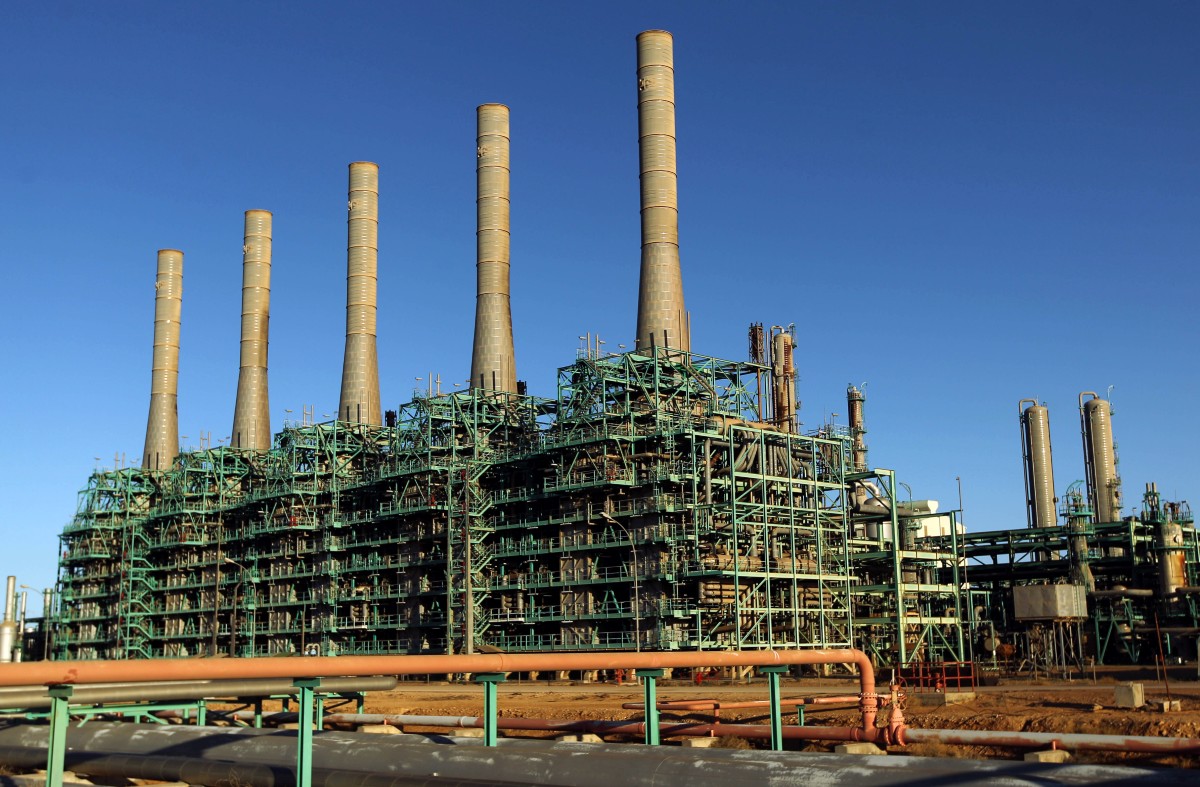Tripoli, Libya – Oil production has resumed at two major Libyan oil fields, the oil ministry said Sunday, after a brief shutdown by demonstrators protesting the arrest of a former minister.
“Operations have resumed in the Al-Sharara and Al-Fil oil fields… after they were suspended” Thursday, said the ministry, part of the UN-brokered Government of National Unity based in Tripoli.
The ministry made no mention of the cause of closure in its brief Facebook statement.
Former finance minister Faraj Abderrahmane Boumtari was among a number of people targeted in what the United Nations has described as a campaign of “continued abductions, arbitrary arrests, and disappearances”.
He was arrested and taken to an unknown location on Wednesday upon his arrival at Mitiga international airport in Tripoli by internal security agents.
Members of his Zouaya tribe on Thursday threatened to block oil terminals in the east if he was not released.
Boumtari was released Saturday upon an order from the prosecutor general, local media reported.
Libya sits on Africa’s largest oil reserves but production has been frequently disrupted during over a decade of chaos since a NATO-backed uprising led to the ouster and killing of former dictator Moamer Kadhafi in 2011.
Both Al-Sharara, which provides a quarter of Libya’s daily oil output, and Al-Fil have seen frequent interruptions amid clashes between groups loyal to the Tripoli-based GNU and those backed by a rival government in the east.








